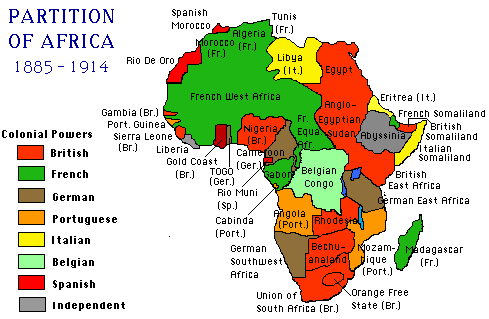Germany has had a long withstanding history with colonial power and now racial discrimination that has been subtly yet uniquely set into the systems of governance, all this has been unearthed by the Black Lives Matter protests in Germany.
The legacy of its colonial empire has long been ignored by the government and the public at large but with the black lives matter protests and calls for an end to police brutality and discrimination has history been brought to light.
Symbols of colonial landmarks and statues
Very recently was a statue of the Edward Colston, English Merchant and slave trader, toppled and pushed into the river in his own hometown in Bristol while a statue of another, Christopher Colombus was beaded.
Black Lives Matter: thousands protest in streets calling for justice in Berlin
White imperialist Leopold’s statue was also toppled and vandalised by black lives matter activists in Belgium. Leopold was knows for ‘grand’ acts of cruelty that were orchestrated by his soldiers in his own ‘private colony’. He sent out decrees to have children’s hands severed should they not meet the daily quota of rubber.
Rethinking colonial legacies
Many symbols of colonialism and colonial leaders have been taken down since the death of African American man George Floyd who set the ball rolling for the world-wide protest against racial discrimination. Many people have been benefiting from systems that do not want to unveil the true history behind some leaders given that they are not even taught in school and hence a general state of ignorance is assumed that clouds judgement.
This after decades, even centuries, where these pointers to a terrible past had often been glorified even as many historians and activists called for a rethink of colonial legacies.
Black Lives Matter: Statue of King Leopold II in Belgium taken down
Germany as a colonial power is ranked 4th as its colonial history was not as robust as compared to others, this is in spite of Germany as a state, having several private companies which were housing colonial projects abroad.
Scramble and partition
Its main intervention was in the scramble and division of Africa that was carried out in 1884 – 1914 by Otto Von Bismack at the Berlin Conference that lead to the creation of colonial power protectorates.
Ghana leader arrested over protesting police brutality in Black Lives Matter campaign

The German colonial empire would officially last only from 1884 to the end of World War I, when it was made to cede control of its colonies in Africa, Oceania, and East Asia. Streets and squares throughout Germany are still named for colonial-era leaders including Carl Peters, Adolf Lüderitz, and Gustav Nachtigal.
General Paul von Lettow-Vorbeck was the commander of the German East Africa campaign. This has been up for debated as many challenge that the streets should be renamed to facilitate the cause.
source: dw.com, afronews.de
